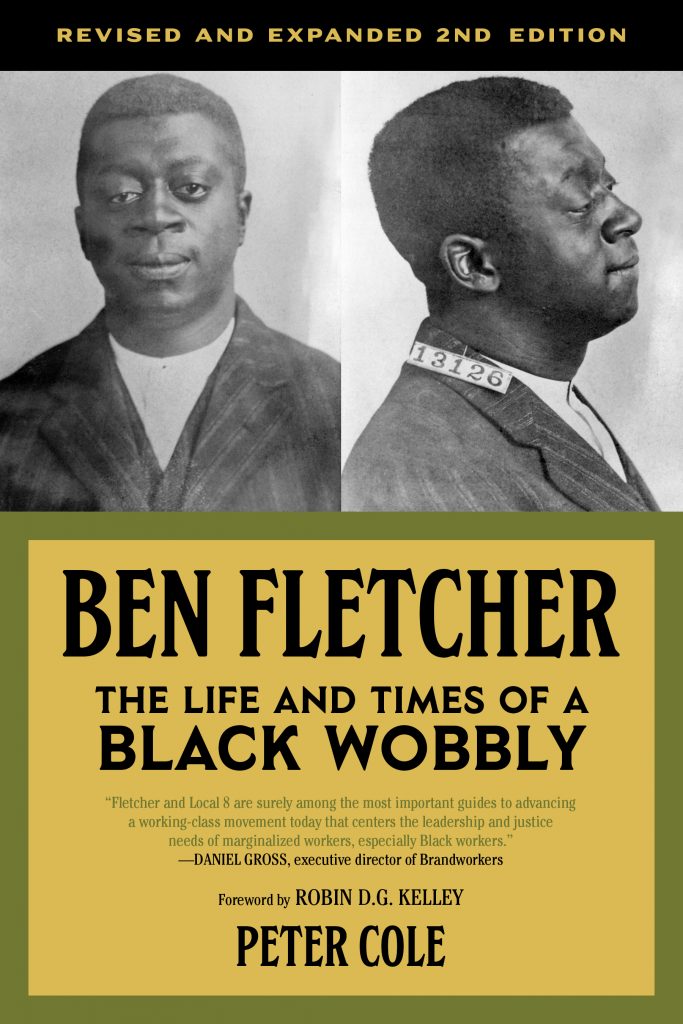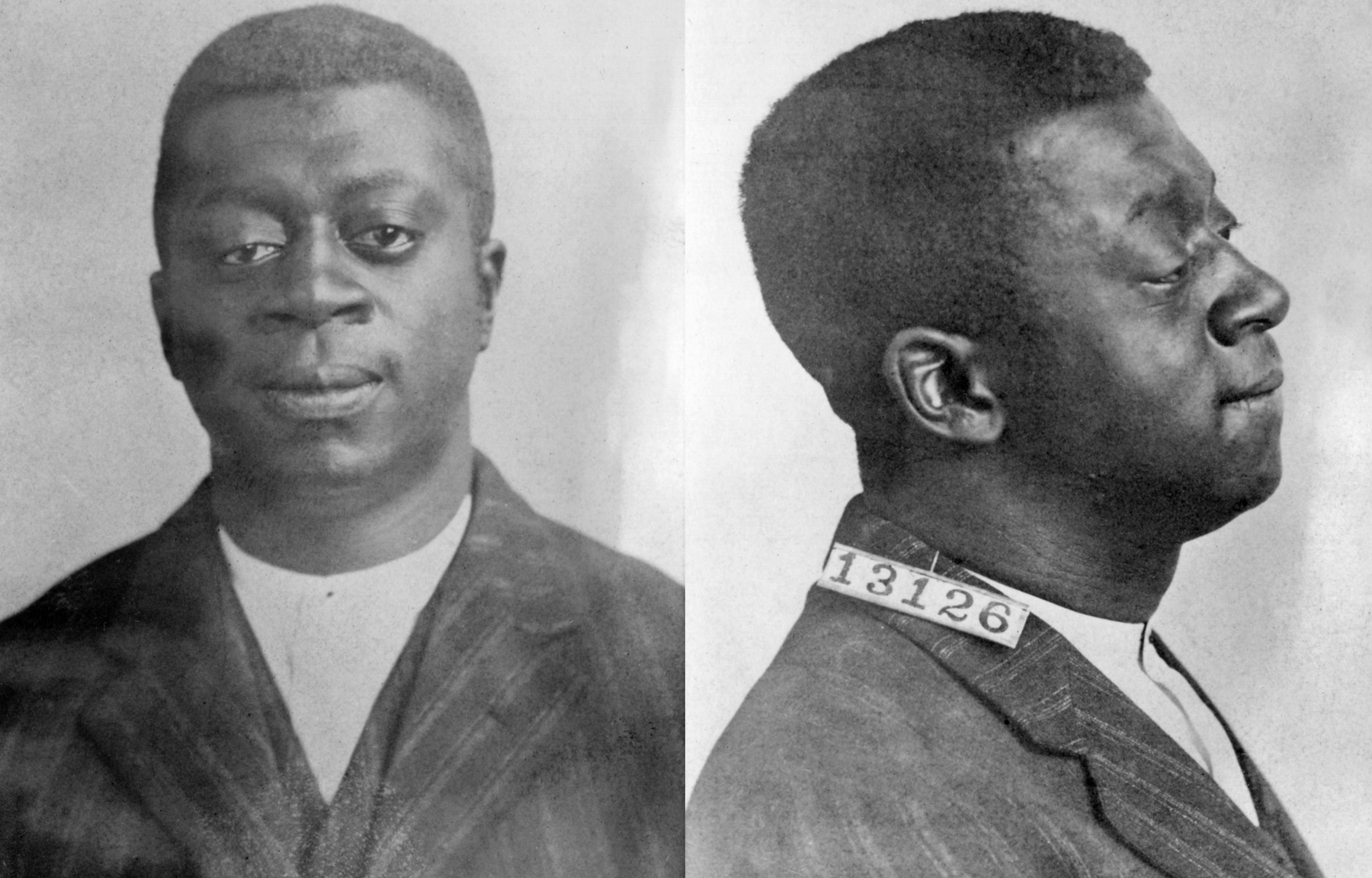By Ron Jacobs
Counterpunch
April 16th, 2021
Ben Fletcher is the definition of an unsung hero. He was a Black union organizer in a time when racial segregation on the job and in the community was the de facto norm and most labor unions enforced that norm. Ben Fletcher joined the one union that didn’t–the Industrial Workers of the World (IWW) and became one of its more successful organizers. The IWW, also known as the Wobblies, were the closest thing to a syndicalist organization the United States has ever seen. Founded on the principle that the working class and the owning class had nothing in common, the Wobblies did not enter into contracts with employers but used the wildcat strike as its means to assert working people’s rights in the workplace and, by extension, the community. Their eventual goal was the end of the wage-labor system that paid workers as little as possible so the employers could profit as much as possible from the surplus value created. The radical nature of this goal and the universality of its membership were fundamental reasons why the ownership class hatted the union and did everything in its power to eliminate it.
Ben Fletcher was not necessarily the most radical member of the IWW. However, he was one of its most prominent organizers and a Black man. These were reasons enough for the bosses and their henchmen in government to go after him. The rampant racism imbued with legal measures designed to maintain the system of white supremacy made his willingness to challenge the system of power on Philadelphia’s docks too dangerous to ignore. Indeed, the IWW Local there—Local 8—was one of the largest and most militant of all IWW locals. As Fletcher’s oratorical and organizing abilities were recognized by other union leaders, he began to speak and write nationally; an endeavor which drew the attention of federal authorities in a nascent federal police agency soon to be directed by J. Edgar Hoover. The name of the agency was the Bureau of Investigation. That would quickly be changed to the Federal Bureau of Investigation. One of its primary tasks was to intimidate, harass, and lock up anarchists, socialists and radical labor leaders. The leaders of the IWW became some of its prime targets.
On February 9, 1918 Fletcher was arrested and charged with treason, among other things. He was among 166 Wobblies arrested. It took the jury one hour to convict Fletcher and the others who stood trial with him. This was despite the fact that there was no actual proof of treason, only numerous statements by the IWW regarding their opposition to capitalism and its wars. He spent three years in the federal prison in Leavenworth, Kansas. This took a toll on his health. Fletcher continued to work with the IWW, but the union’s back had been broken by the assaults on it from the US government. In addition, the communist movement in the US was quickly becoming the dominant radical left organization in the country. Fletcher, in true anarchist fashion, had no use for communist organizations. This ideological position combined with his failing health, meant his involvement in daily organizing would diminish over time. He did continue to speak at numerous events and write for the IWW newspaper.
Recently, PM Press published a new edition of Peter Cole’s 2006 biography of Ben Fletcher. Titled Ben Fletcher: The Life and Times of a Black Wobbly, the text opens with a summary of Fletcher’s life and work culled from documents, news articles and a few reminiscences. The bulk of the work, however, is a collection of primary source documents that not only provide context to Cole’s biography but bring the man Ben Fletcher to life. His writing for the Wobbly newspaper and his speeches at various rallies and conventions show a concise understanding of capitalism’s inherent inequality and white supremacy’s role in helping to maintain that inequality. In addition, the respect of his fellow workers and organizers becomes clear in the articles and testimonies included in this section of the book. His commitment to the principles enunciated by the founders of the IWW was constant throughout his life. The toll his defense of those principles took on him is evident in this inspirational and important biography. In this historical moment, when capitalists around the world are using the COVID-19 pandemic to step up their ongoing attack on workers, the life and words of humans like Ben Fletcher need to be made known as we organize to take back our lives and our futures from the billionaires and their co-conspirators in politics, the military and the media.
Ron Jacobs is the author of Daydream Sunset: Sixties Counterculture in the Seventies published by CounterPunch Books. His latest offering is a pamphlet titled Capitalism: Is the Problem. He lives in Vermont. He can be reached at: [email protected].








